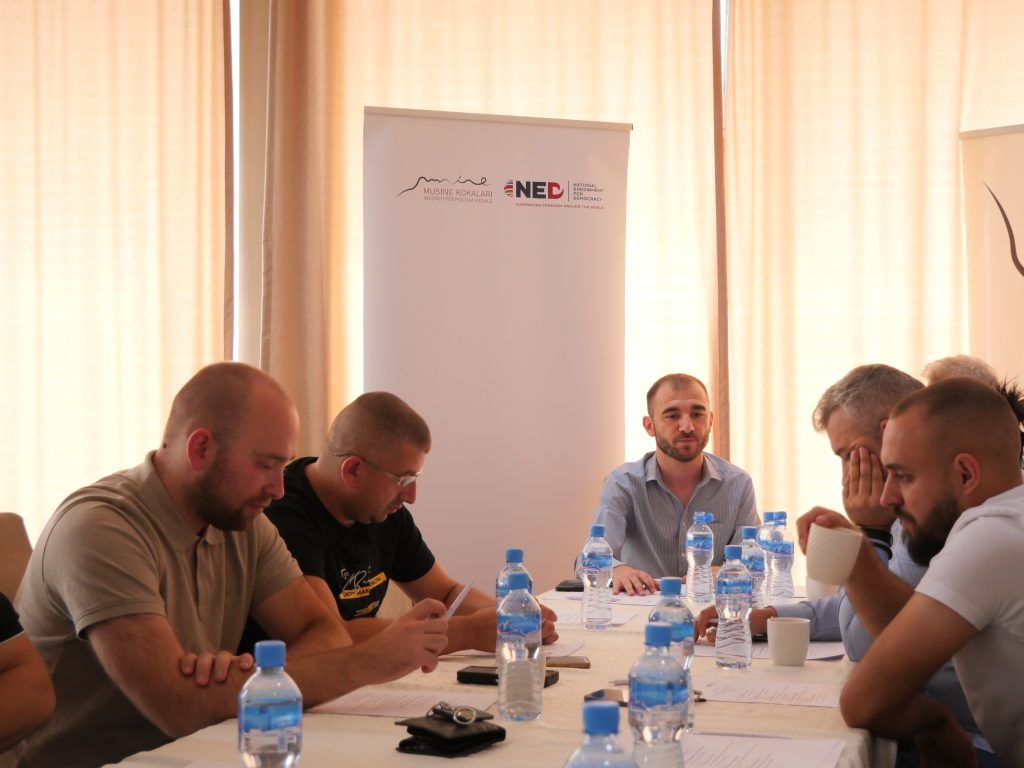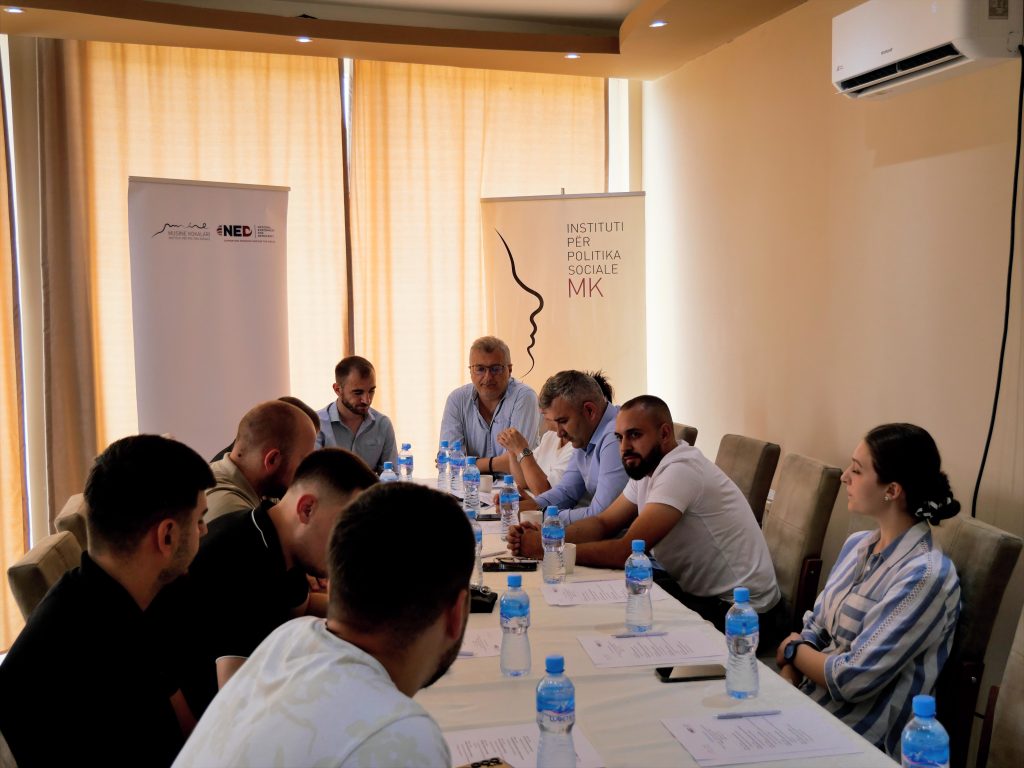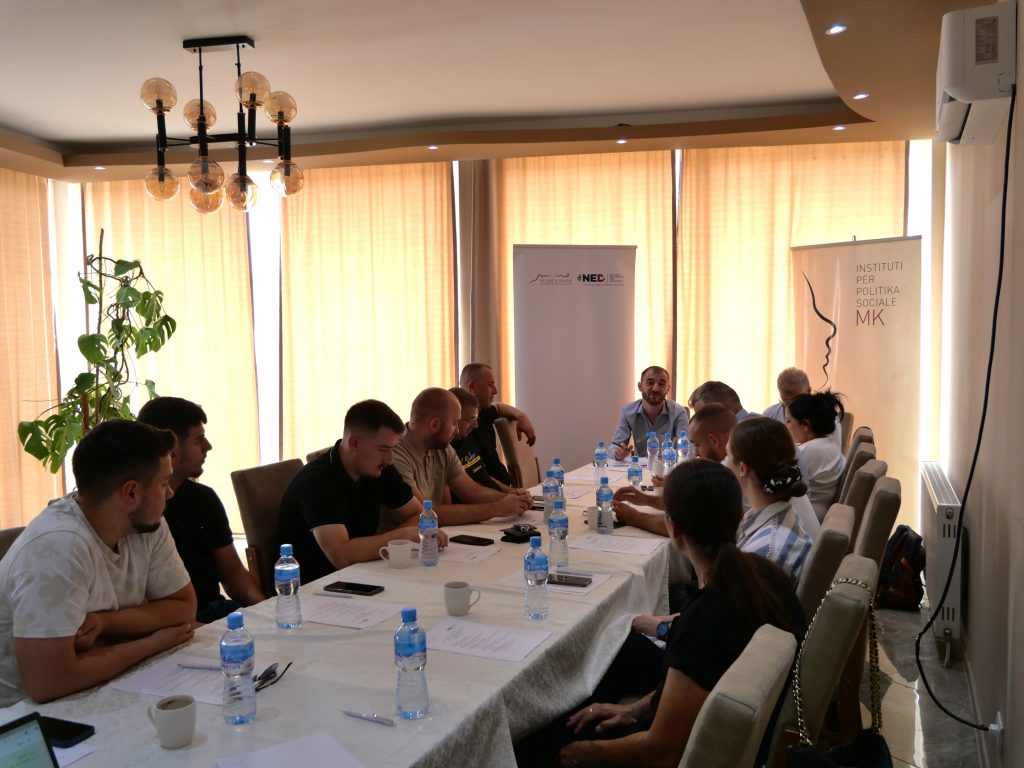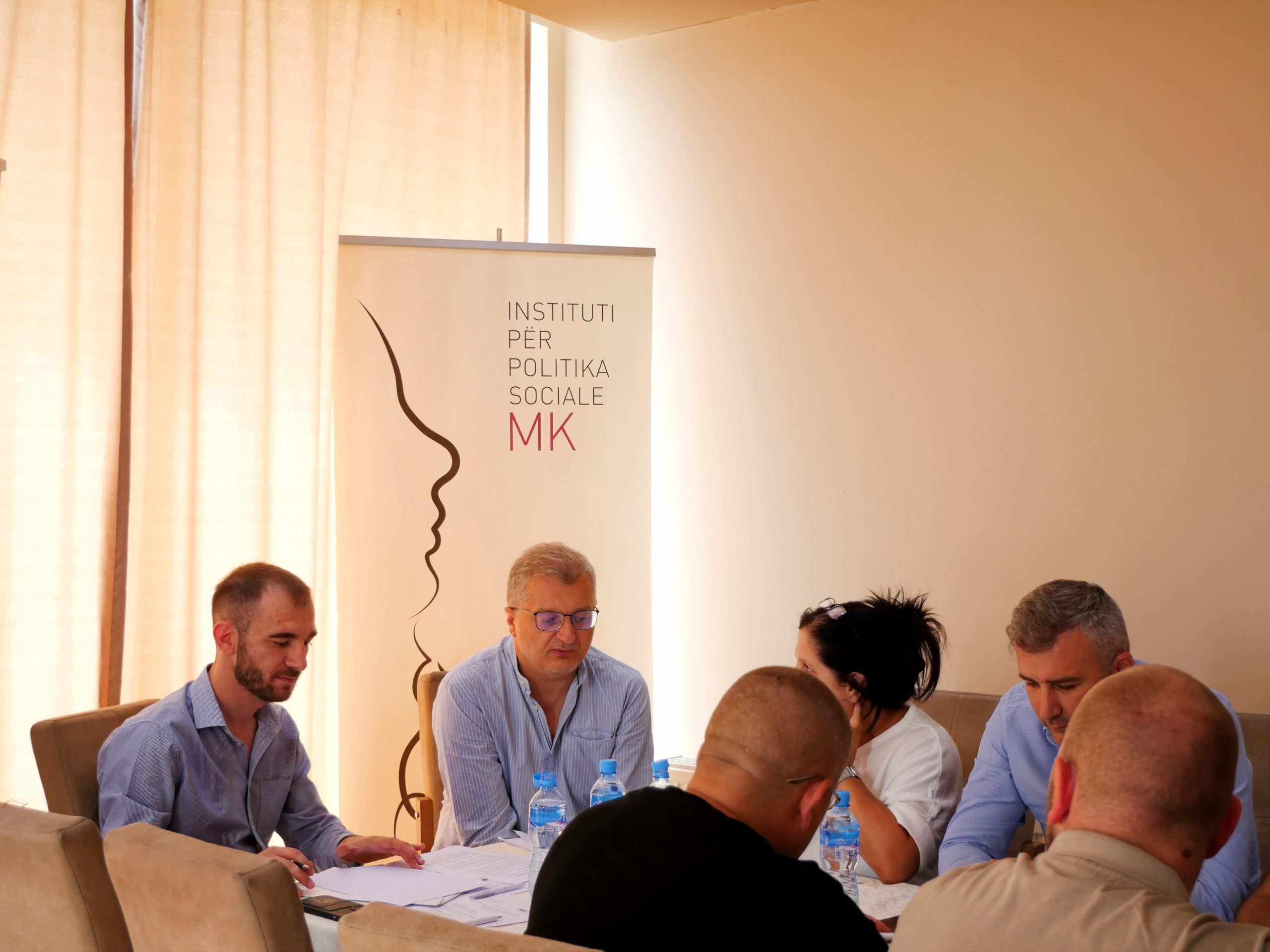As part of the “Community Dialogue” activity, a discussion was held on July 29 with members of the Serbian community, representatives of public institutions, and citizens from the municipalities of Gjilan, Novo Brdo, Klokot and Partesh.
The aim of this meeting was to hear firsthand experiences regarding everyday life, interethnic relations, institutional access, and the community’s future perspectives.
Participants described a reality marked by economic hardship, a lack of employment opportunities especially in rural areas and increasing social insecurity. The closure of services from Serbia-run institutions and the shutdown of Komercijalna Banka, following the ban on the use of the Serbian dinar, have made access to basic financial support even more difficult. Migration was highlighted as a major concern according to participants, nearly half of the local Serbian population has left Kosovo over the past decade.
Interethnic relations were described as cold and mostly formal, hindered by language barriers and a lack of meaningful intercommunity exchange.
Political representation at the central level was perceived as weak and disconnected from the community’s actual needs. Meanwhile, decentralization was not seen as a factor that has significantly improved access to public services or community integration. The lack of Serbian-speaking staff in central institutions remains a serious barrier.
Economic cooperation between communities remains limited. Participants emphasized the need for greater investment, institutional support for small businesses, and improved infrastructure, especially in rural and more isolated areas.
Civic participation in political processes and local initiatives is low, due to the absence of effective mechanisms for interethnic dialogue and community involvement. Nevertheless, participants expressed hope that with stronger institutional engagement, respect for language rights, and improved economic conditions, integration and coexistence could be strengthened.
This dialogue confirms the urgent need for continuous engagement and sustained institutional attention to ensure that the voices of all communities are heard and reflected in Kosovo’s development processes.
This activity was implemented within the framework of the project “Fostering Political Dialogue on Interethnic and Social Cohesion,” supported by the National Endowment for Democracy (NED) and implemented by the Institute for Social Policy Musine Kokalari.




